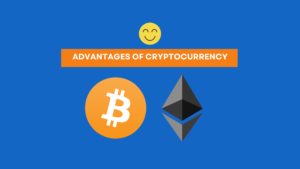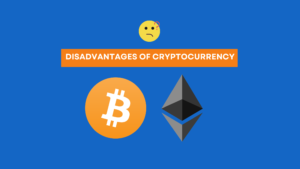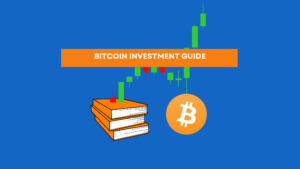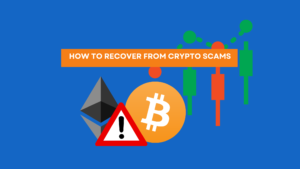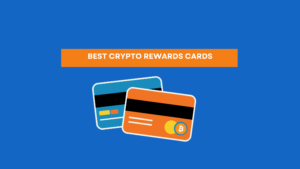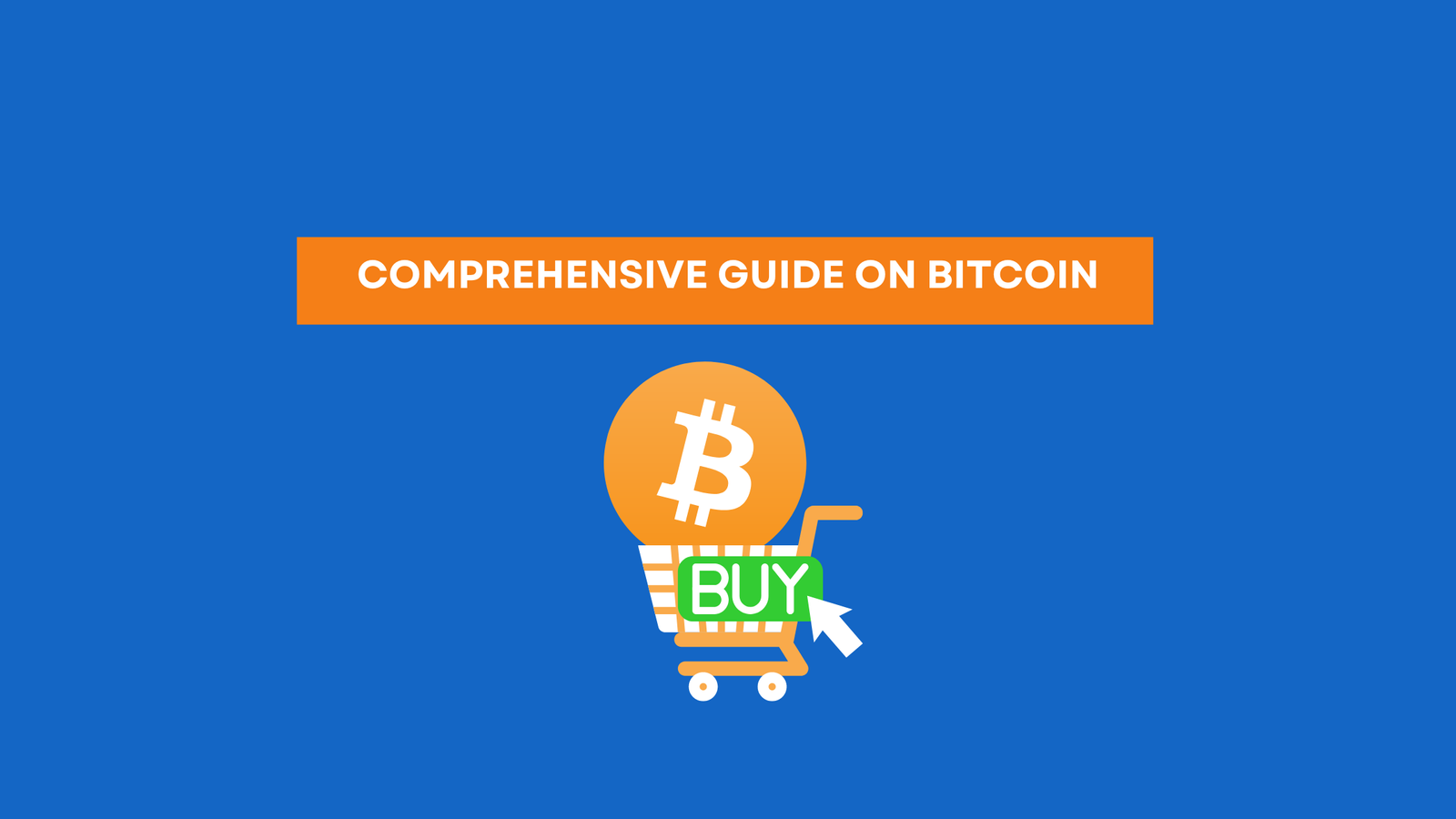
Bitcoin, often referred to as digital gold, is a revolutionary decentralized digital currency that has captured the world’s attention since its inception in 2009. In this comprehensive guide, we will explore what Bitcoin is, how to mine it, buy it, and use it effectively.
What is Bitcoin?
Bitcoin is a digital currency that allows peer-to-peer transactions without the need for intermediaries like banks. It was created by an anonymous person or group using the pseudonym Satoshi Nakamoto. The foundation of Bitcoin lies in blockchain technology, a distributed ledger that records all transactions across a network of computers. Some key features of Bitcoin include:
- Decentralization: Bitcoin is not controlled by any central authority, making it resistant to government interference and censorship.
- Limited Supply: There will only ever be 21 million Bitcoins in existence, making it a deflationary asset.
- Security: Transactions are secured using cryptographic techniques, making it extremely difficult for unauthorized parties to alter or manipulate the blockchain.
- Anonymity: While Bitcoin transactions are not completely anonymous, they provide a level of privacy that traditional banking does not.
How to Mine Bitcoin
Mining is the process by which new Bitcoins are created and transactions are added to the blockchain. It involves solving complex mathematical problems using specialized computer hardware, known as miners. Here’s how you can get started with Bitcoin mining:
- Get the Right Hardware: Bitcoin mining is highly competitive, and you’ll need powerful hardware, such as ASIC (Application-Specific Integrated Circuit) miners, to have a chance at profitability.
- Choose a Mining Pool: Mining alone can be challenging, so most miners join mining pools, where they combine their computational power and share rewards.
- Install Mining Software: Choose compatible mining software for your hardware and configure it to connect to your chosen mining pool.
- Start Mining: Once everything is set up, your mining rig will start solving complex mathematical problems. If successful, you’ll be rewarded with newly created Bitcoins.
- Secure Your Earnings: It’s essential to have a secure Bitcoin wallet to store your mined Bitcoins safely. Remember that Bitcoin mining has become highly competitive and energy-intensive, so it may not be as profitable as it once was for individual miners.
One more thing you should know is that, there are many crypto mining scams that offer cloud mining services. Therefore, you need to take caution not to become a victim, and know the laws in your country of residence if you choose to mine.
How to Buy Bitcoin
If you’re not interested in mining or want to acquire Bitcoin quickly, you can buy it from various sources:
- Cryptocurrency Exchanges: Platforms like Coinbase, Binance, and Kraken allow you to create an account, deposit fiat currency (like USD or EUR), and purchase Bitcoin at current market prices.
- Peer-to-Peer (P2P) Platforms: Websites like LocalBitcoins and Paxful enable you to buy Bitcoin directly from other individuals.
- Bitcoin ATMs: In many cities, you can find Bitcoin ATMs that allow you to purchase Bitcoin with cash or a credit/debit card.
- Bitcoin Brokerages: Some services, like Robinhood, offer a user-friendly way to buy and trade Bitcoin alongside traditional investments.
- Over-the-Counter (OTC) Services: For larger purchases, OTC services cater to institutional and high-net-worth individuals. Ensure you use a reputable platform, secure your cryptocurrency in a hardware wallet, and follow best practices for security.
How to Use Bitcoin
Once you’ve acquired Bitcoin, you can use it in various ways:
- Online Purchases: Many online retailers and businesses accept Bitcoin as a payment method.
- Investment: Some people hold Bitcoin as a long-term investment, hoping its value will appreciate over time.
- Remittances: Bitcoin can be used for cross-border money transfers, often at lower fees compared to traditional methods.
- Donations: Charities and nonprofits often accept Bitcoin donations.
- Trading: You can trade Bitcoin on cryptocurrency exchanges to profit from price fluctuations.
- ATM Withdrawals: Some Bitcoin ATMs allow you to withdraw cash by selling your Bitcoin holdings.
Remember to keep your private keys safe and consider the tax implications of your Bitcoin transactions in your region.
Bitcoin is a groundbreaking digital currency that offers decentralization, security, and limited supply. Whether you want to mine, buy, or use Bitcoin, it’s crucial to educate yourself, exercise caution, and adopt best practices to navigate the exciting world of cryptocurrency successfully.
For more updates in cryptocurrency world, subscribe to learn more on Recovery Review Insider.

